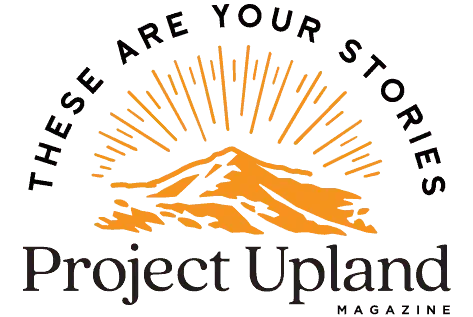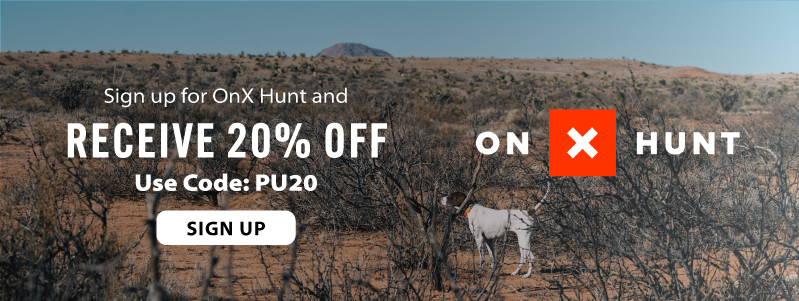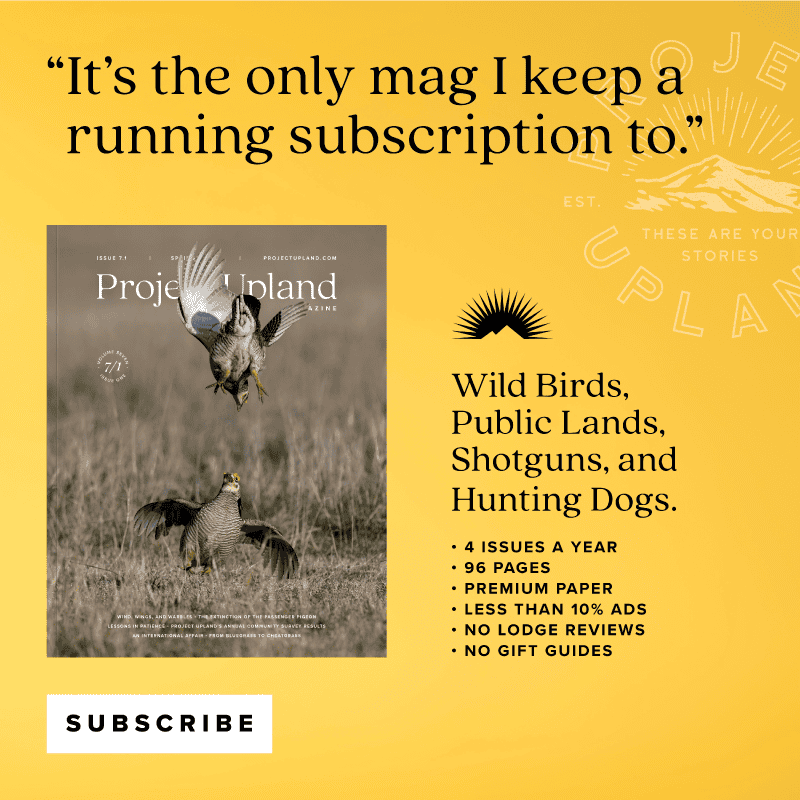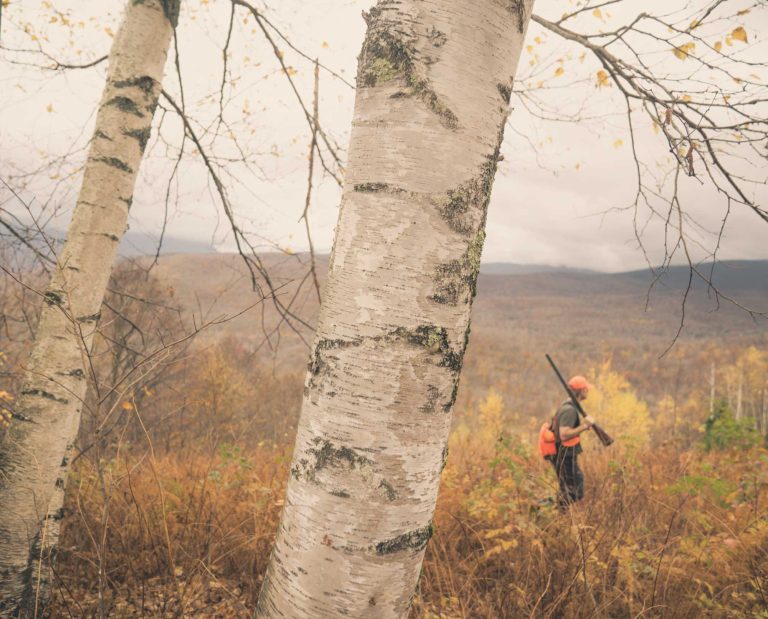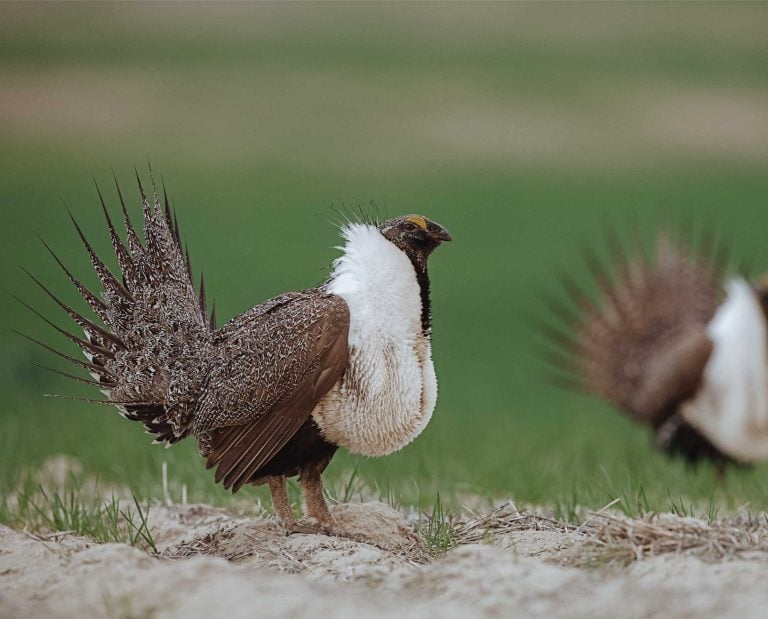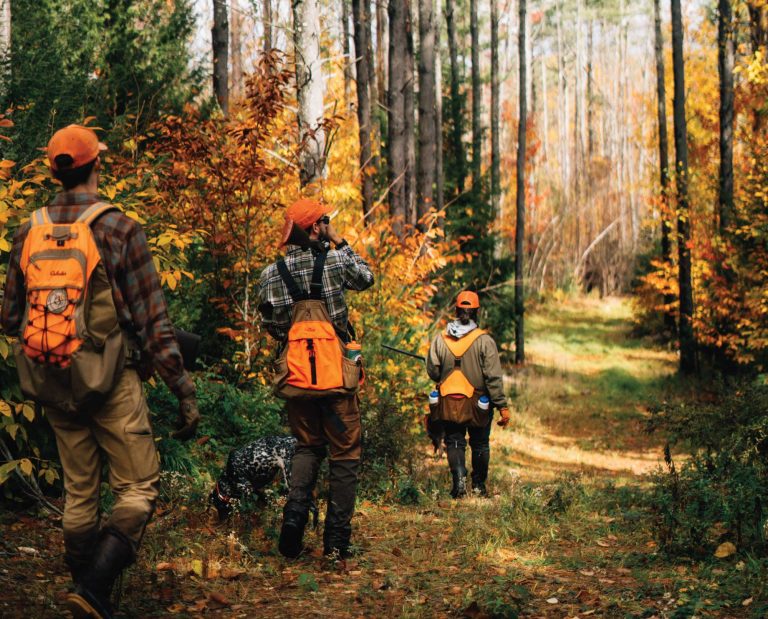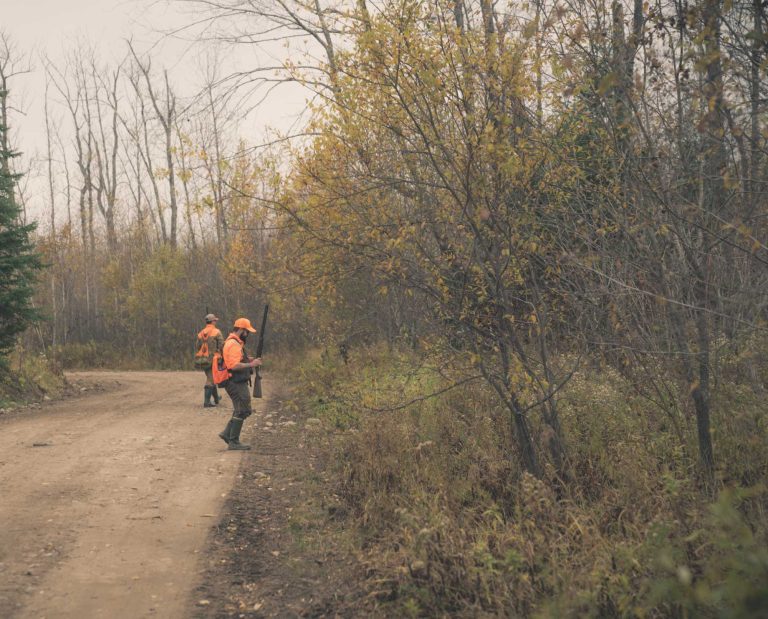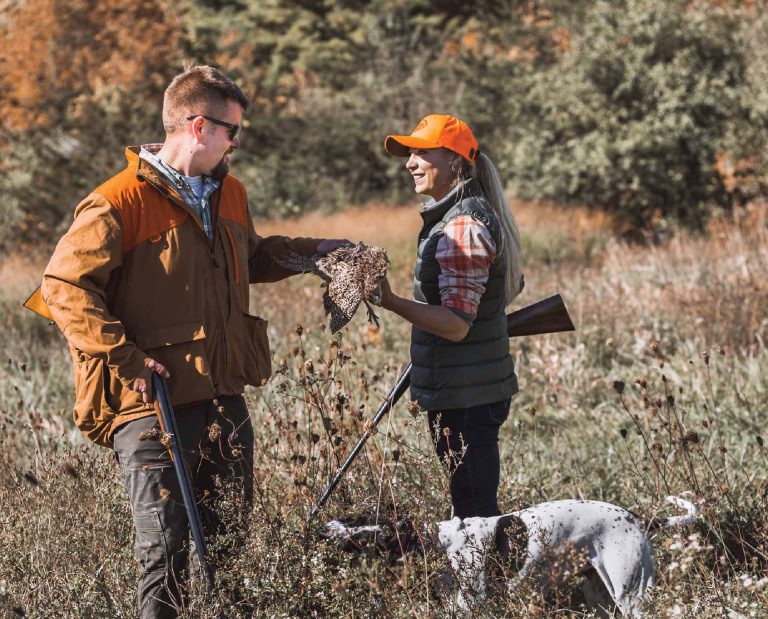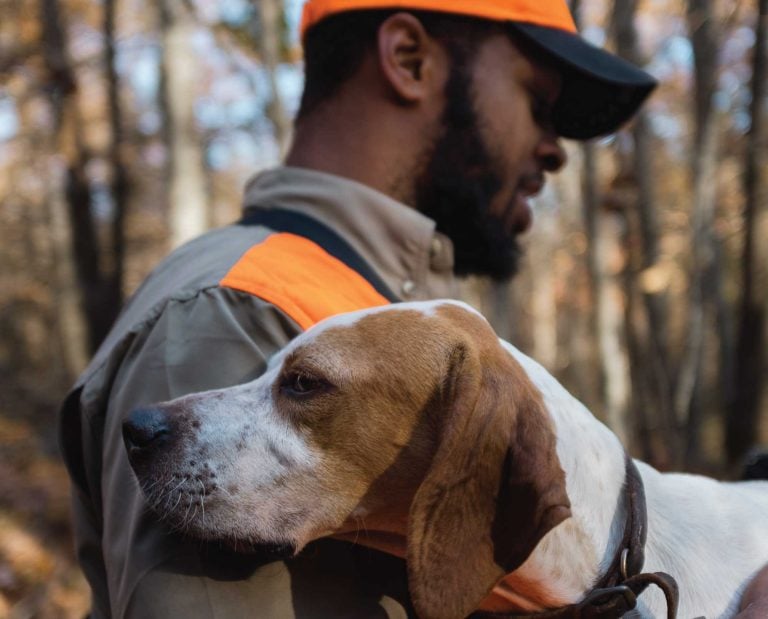When Anti-Hotspotting Goes Too Far: Hunter Suppression in the Age of Social Media
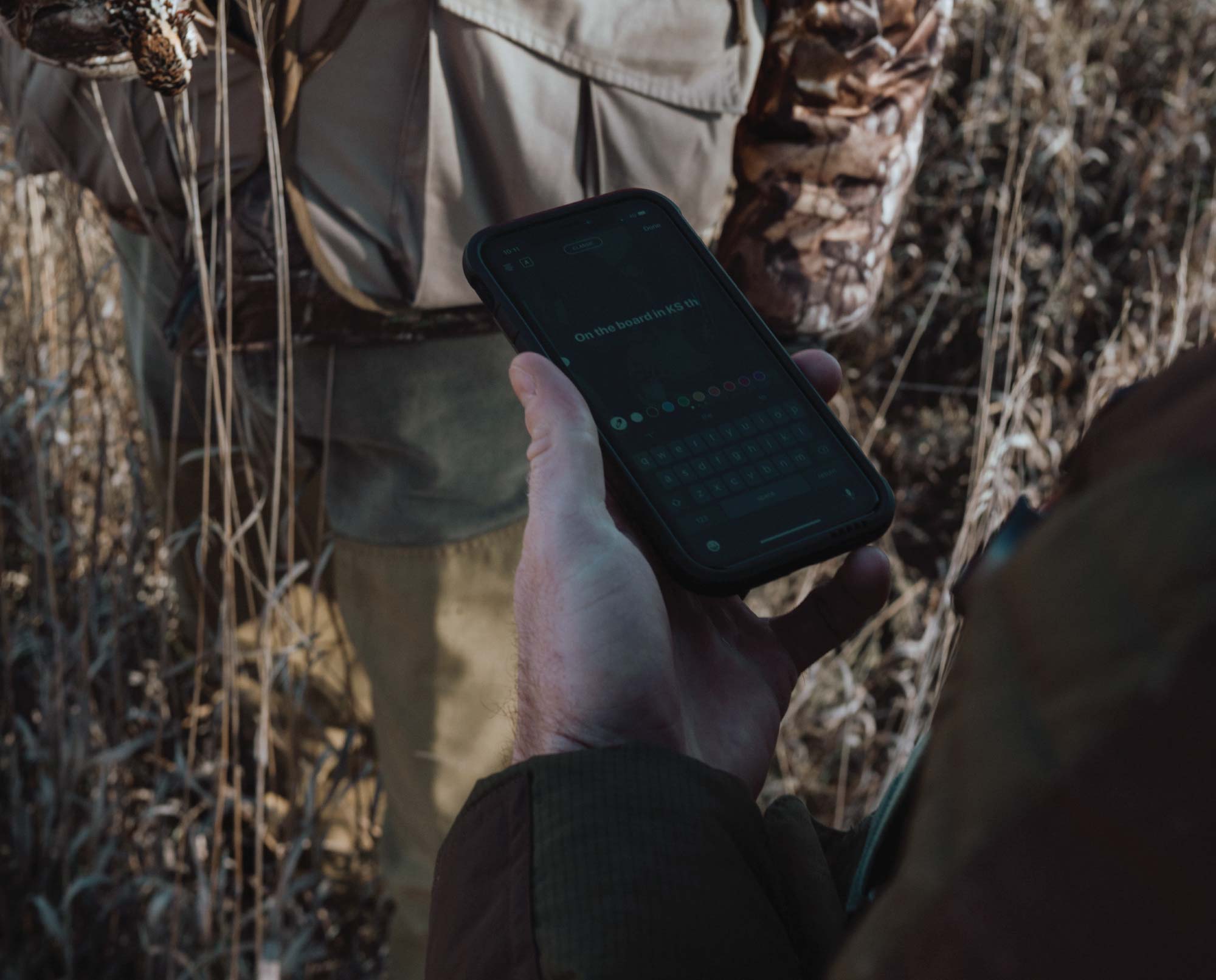
Is the sharing of hunting knowledge taboo or is it a key part of helping others find success?
“I don’t know why you’d come all the way to Kansas—why don’t you go to South Dakota? They’re known for their upland birds.”
“The birds aren’t good in Kansas this year. Don’t waste your time coming here.”
The sentiments, shared by an old high school friend of mine in a bird hunting Facebook group, really rankled me. It’s not that I don’t wish folks to hunt in South Dakota, but that they would be falsely discouraged from coming here to Kansas.
The reason I bristled was that I knew exactly what he was doing—he was using social media to sow the seeds of doubt and try to divert out-of-staters and anyone else who’s not a local from pursuing “his” birds. It speaks to a constant battle within the hunting community: one side trying to engage new hunters in every way possible and the other side upset that they’ll have to compete with these newbies for years to come.
It’s definitely not just a Kansas thing, either. Last year I hunted for the first time in southern California, chasing valley quail in a national forest. It was an incredible experience with vast foothills, no other hunters to be seen, and coveys of 30, 40, and 50 birds. Having grown up chasing bobwhites in the drought years, numbers like these were just bonkers. Side-hilling through the chaparral, I said as much to my friend Ruben, who just shook his head and said, “If only you were here early in the season. We’d probably see coveys of 100 birds.” I nearly tripped on my jaw.
I enjoyed the trip so much, I decided to make a short video to talk about the opportunities available within a surprisingly short drive of the second largest city in the country. I made sure to not be too specific about where we were hunting, since hot-spotting is definitely a thing, and kept my mention of where we were to merely “southern California.”
Within hours, a local had flagged my video to be taken down, berating me in the comments for ruining his hunting for the next ten years.
Having learned that the population of these quail is highly dependent on one thing, water, I asked the gentleman if he was involved with the guzzler restoration projects put on by the local Quail Forever chapter. Crickets. Not a peep. Instead, he hit me in the private messages. “You’re killing us. . . every hunting spot I frequent was in your video. . . there’s not that much area out there. . . consider the locals like me.”
Never mind that the particular national forest we were hunting encompasses almost two million acres—nearly double all of the Walk-In Hunting in Kansas. A good deal of it is prime quail habitat, just not all of it is easy or flat.
Also never mind that after opening weekend, Ruben will see a few folks in orange while driving to hunt, but rarely sees anyone actually hunting in the places he goes.
The future of hunting hangs in the balance
It’s a shame, really. The future of hunting hangs in the balance, and some folks would cut off their nose to spite their face. It’s as if they simply can’t comprehend that the more people exposed to and actively engaged in hunting, the more conservation dollars flow, the more people who care about maintaining healthy ecosystems and the more clout the hunting community has when it comes to the competing interests trying to divvy up our public lands.
If a local Kansas hunter is fed up with how busy the WIHA lands are, there are 46 million acres of farm land in the state. Surely they can find a little private land to hunt, considering they likely know everyone in their community. Leave the low-hanging fruit to the folks who don’t have the connections or the local contacts. Besides, they’ll be pushing the birds off of WIHA and into the private waterways and draws that they don’t have permission on.
If a local California hunter wants more quail to shoot, they should be welcoming new hunters to the pursuit and helping to grow the local Quail Forever chapter, which will result in more people involved in guzzler restoration projects. With more water comes more quail, but much more important will be the increase in hunting culture in a state that’s done its best to erode anything and everything that might involve a firearm, including hunting. (On a side note, did you know it can be a multi-week process to get an out-of-state hunting license in California? Found that one out the hard way and only made it by the skin of my teeth.)
Hunting feeds economic development
The big point my friend is missing is that for every group of hunters that visits the small town we grew up in, they’ll buy gas, groceries, hotel rooms and meals, resulting in an influx of outside money into the community. The more outside hunters, the more outside money brought in.
Back in the day, every small town would try to capitalize on opening weekend, with a Lions Club pancake feed, a Boy Scout troop cranking out biscuits and gravy or the local community library serving a hearty lunch of beef and noodles over mashed potatoes (a western Kansas staple—not to be missed on opening day in Bison, KS). All are free for the taking, with a donation jar at the door and more often than not, a raffle giving away a gun or two, a hand-made knife and whatever else might attract a wayward $20 bill.
With the steady decline of rural Kansas populations and waning participation of folks with service organizations in general, it’s no wonder it’s hard to find such community events nowadays. With out-of-towners never given the opportunity to show their gratitude to the locals, some simply see them as upland interlopers.
How to get involved to improve your hunting opportunities
But there are things you can do to help turn the tide.
- Get involved in a local conservation organization. I joined my local QUWF chapter as the youngest member (by a good bit) and in no time I was getting invited on quick quail-hunting day trips at a publicly-accessible property a short drive from my house that I would have never thought to hunt. More importantly, I’ve been able to tap in to hundreds of years of hunting experience, most of it freely given because they can tell I actually care.
- Go out of your way to help where you can, when you can. Someone on the side of the road with a flat? Pull over and offer assistance. Grain sack blown into the ditch? Pick it up and throw it away. Big victory, seemingly inconsequential victory—it all moves the needle towards positivity. Buy a raffle ticket. Pay $20 for a pancake breakfast.
- Be the better person, especially on the web. The internet is a cruel place, especially to those who spew negativity. If a person tells the all-ruling algorithms that they like consuming horrible news, the web will feed them the worst the world can provide until they choke on it. Find the things that bring you joy, find ways to reward those who create those things and bask in the beauty that is human creativity in the age of the internet.
- Pass on the things you learn to anyone who wants to listen. Don’t just share the where—teach the how and the why. If you’re hung up about giving away your hard-won knowledge and that all of a sudden folks will be using your tactics to compete for the birds you were finding, you’re admitting that you don’t have the capacity to become a better hunter than you are today. Every person at every level can achieve a greater mastery of their craft. Don’t be afraid to become better at the thing you love to do. That’s just laziness.
It pains me because I know as hunting seasons begin throughout the Midwest, I’ll continue to see people actively trying to suppress hunter turn-out in their area, because God forbid they have to put in a few extra miles or put their dogs out on a piece of ground they’ve never hunted before. Oh, the horror!
To me that sounds like heaven.
Me, I’ve booked an AirBnB for opening weekend in a town I’ve never stayed in before in a place I’ve never killed birds in before. I’ve got my dogs, my favorite shotgun, my family and some friends. I’d be willing to bet we’ll have a great time, birds or no.
